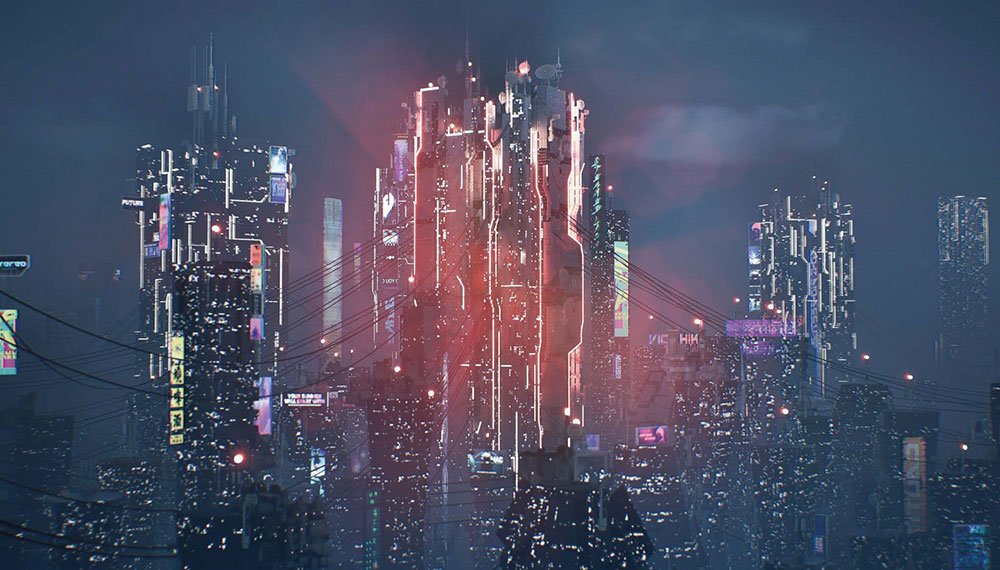Complexity, Planning and Urbanism ([CPU]Ai) is a vertical atelier that develops new computational design methodologies underpinned by complexity theory. It challenges static design approaches by focusing on dynamic, temporal, and systemic processes to address the challenges of future cities.
In MArch1 (Architectural design scale), students explore adaptive reuse as an evolving and time-based process. Projects examine how buildings adapt to changing functions, studying spatial, material and functional transformations over time. The focus is on designing for change, rethinking architectural value, performance, and lifecycle considering to social, environmental, and economic sustainability.
In MArch2 (Urban design scale), students investigate the future of cities through speculative design, simulation, urban analytics, and advanced computational methods. Their work explores the trade-offs in urban design driven by climate change, digital disruption, inequality, and resilience. Using scenario-based approaches, students simulate and visualise alternative urban futures to define and respond to emerging design challenges through new urban typologies.
The atelier’s research-led teaching is grounded in complexity theory, drawing on concepts such as emergence, self-organisation, adaptation, and non-linearity. Students engage with theories and methodologies informed by the [CPU]lab’s research, applying advanced computational approaches to examine urban futures. Through bespoke tools and simulations, they investigate how urban morphology relates to complex socio-economic and environmental conditions, testing outcomes and trade-offs of design interventions. [CPU]Ai equips students with the critical and technical skills needed to navigate and design for the complexities of current and future sustainability challenges.


